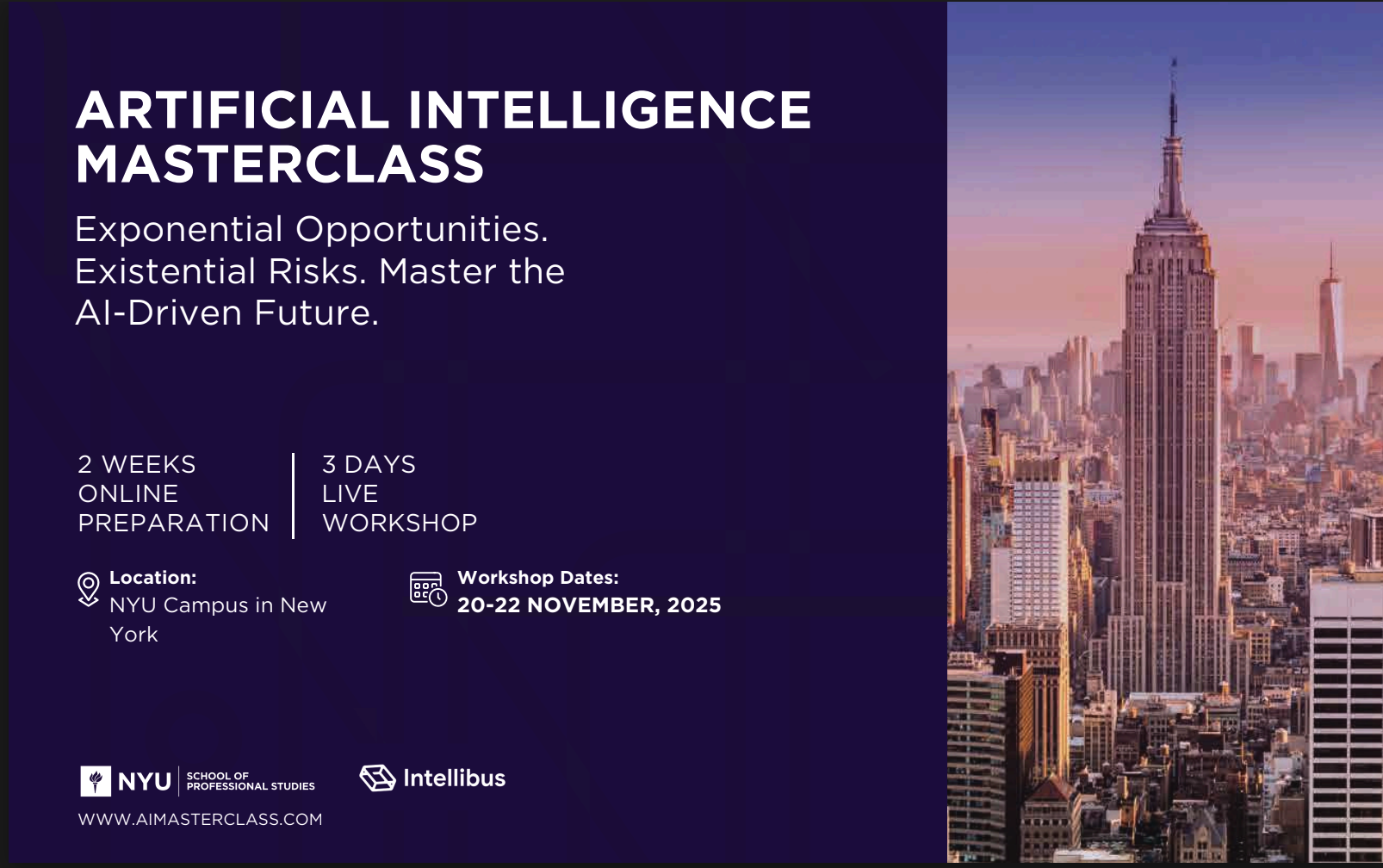What is Chatbot Personalization?
Chatbot Personalization Explained
Chatbot personalization refers to the practice of creating and modifying chatbots to cater specifically to the individual requirements and preferences of a user or organization. The core function of chatbot personalization is to provide a tailored and interactive user experience by engaging with customers in a more human-like and personalized manner.
Characteristics of Personalized Chatbots
Chatbot personalization comprises several distinctive features that help it stand out in the competitive market:
- Customer-Centric: Personalized chatbots are designed with a focus on individual customers. They are tailored to remember user preferences, provide personalized recommendations, and offer relevant content.
- Versatile Interactions: These chatbots can interact in various ways, such as through text or voice responses, enabling a wide array of customer dialogues.
- Learning Capability: Personalized chatbots possess the capacity to learn from previous interactions, enhancing their responses and communication skills over time.
- Data Analysis: These chatbots can process and analyze vast amounts of user data, aiding in delivering a more customized and focused customer interaction.
- Consistent Support: Personalized chatbots offer 24/7 customer support, resolving queries and providing assistance at any time of the day.
- Financial Advantage: Chatbot personalization can also prove to be a cost-effective solution compared to the development of different programs for various user services.
Industries across the globe exploit personalized chatbots due to their ability to provide quick, automated, and personalized customer service.
Implementing Personalized Chatbots
Effective implementation of chatbot personalization requires a well-thought-out strategy. It includes identifying the organization’s specific needs, choosing the right chatbot platform, and designing the chatbot to align with the organization’s context and customer base. Careful planning and evaluation, along with consistent monitoring and updates, is key to successful chatbot personalization.
Artificial Intelligence Master Class
Exponential Opportunities. Existential Risks. Master the AI-Driven Future.
Advantages and Downsides of Personalized Chatbots
The application of personalized chatbots holds several inherent advantages, including:
- Improved Customer Interaction: Chatbots personalized to the customer’s taste can provide a more engaging and satisfying user experience. They are capable of understanding and responding to customer queries in a contextual and effective manner, ensuring better customer satisfaction.
- Economical: Creating a personalized chatbot can prove to be financially advantageous as it potentially saves the expense related to continuous manual customer service. It reduces the workload on customer service agents, thereby leading to a decrease in expenditure.
- 24/7 Availability: Personalized chatbots provide round-the-clock customer service. This ensures that all customer queries can be answered promptly, irrespective of the time zone differences.
- Instantaneity: Chatbots provide immediate responses to customer queries, eliminating the responses' wait time.
- Scalability: As a business expands, it becomes increasingly challenging to manually cater to every customer's individual needs. Personalized chatbots enable businesses to handle an increasing number of interactions effortlessly.
Despite numerous potential advantages, there are certain aspects of personalized chatbots that organizations need to consider before implementing:
- Complexity: Developing a truly personalized and effective chatbot can be a complex task. It requires an understanding of the advanced technologies and programming skills involved in their creation.
- Limited Emulation of Human Interaction: Despite significant advancements, chatbots are still incapable of perfectly imitating human emotions and understanding complex interactions.
- Data Security: Given that personalized chatbots collect and analyze a large amount of user data, ensuring data privacy can be a concern.
- System Integration: Integrating the chatbot with the existing systems and software can pose challenges, especially with legacy infrastructures.
In conclusion, chatbot personalization is a powerful tool that can enhance customer interaction and increase customer satisfaction. While it presents a certain level of complexity and challenges, with strategic planning and careful implementation, it can become a substantial asset for any organization.
Take Action

Download Brochure
- Course overview
- Learning journey
- Learning methodology
- Faculty
- Panel members
- Benefits of the program to you and your organization
- Admissions
- Schedule and tuition
- Location and logistics



